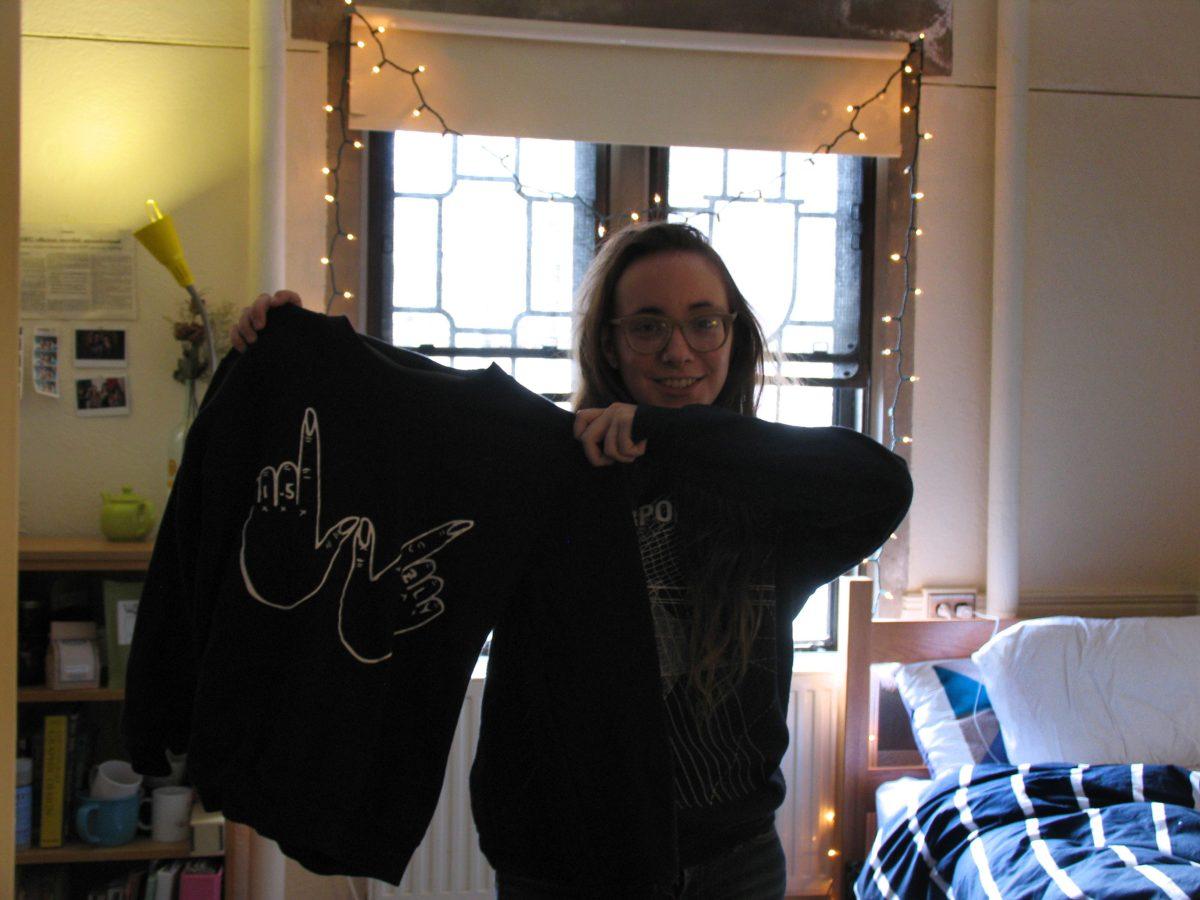On a daily basis, emails notify Wellesley students of yet another group selling an item to raise funds, as does the spam material plastered on bulletin boards and in Facebook groups. At Wellesley, fundraising is a common and constant phenomenon.
For many organizations, fundraising serves an important function by covering the costs of programs the organization wishes to execute, such as group visits to off-campus events. It is especially necessary when funding from the Student Organization Funding Committee (SOFC) is insufficient to finance the organization’s plans. Under Article VII Finance in the constitution of constituted organizations, organizations must outline how they will financially support themselves, including raising funds in accordance with Finance Committee legislation.
Groups such as Wellesley Nourish raise funds for charitable causes. In this case, raising funds is coupled with promoting awareness about the causes the fundraiser supports.
“Even if people only spend one dollar sometimes, the goal is to make them aware about Nourish International. All profits will be invested in projects with our partnering NGO, the Arajuno Road Project, which provides education and conservation programs for rural communities in the Ecuadorian Amazon,” said Aïda El Kohen ’19, Venture Co-Director of Wellesley Nourish.
The Wellesley Nourish group also organizes MUNCH, selling late-night snacks to Wellesley students. Austen Aquino ’17, Fundraising Chair for Wellesley Nourish, commented on how a profitable fundraiser may not mean an increased understanding of what the organization stands for.
“MUNCH is probably our most successful entrepreneurial venture at Wellesley, definitely our most recognizable. Most people tend to know what MUNCH is, but have no idea what Nourish is or what it does, which is a discrepancy we’re trying to remedy,” Aquino noted. The Wellesley Nourish group is part of the larger organization Nourish International, which aims to foster a passion for sustainable global development in college students.
For other student groups, holding fundraisers are also steeped in tradition. Severance Hall has held an annual Marathon Monday T-shirt sale for over three years. This sale is the hall’s biggest fundraiser, with profits earned going towards funding the residence hall’s activities.
Suzanne Barth ’16, Severance House President, shared how the long-running nature of Severance Hall’s Marathon Monday t-shirt sales can have an impact on fundraising.
“I’m not sure I can pinpoint an exact year, but Severance has been selling Marathon Monday T-Shirts for as long as I can remember. When I was a first year in Severance House Council (2012-2013), I understood the fundraiser as a long-standing tradition. As it is such a long-standing tradition, many students look forward to purchasing the shirt each year,” Barth said.
The day-to-day execution of a fundraising event can be challenging. With the large time commitment needed to maintain a successful fundraiser, organizations often have difficulty getting enough hands on deck with fundraising efforts.
“I think that [fundraising has] also been a challenge for us because we are such a small organization. We have 80-some people on our mailing list and yet we hardly ever have anyone from outside the e-board volunteering to work on implementing ventures. Granted, it’s pretty time-consuming,” Aquino acknowledged .
Besides manpower, there is also the issue of ensuring the fundraiser’s success amid tough competition. From similar products to competitive pricing, it is hard to ensure that a particular group’s fundraising product or event attracts interest from students among other fundraisers jostling for attention. Such competition also heats up around special events like Valentine’s Day and Marathon Monday, making it increasingly difficult to stand out without product differentiation or a different fundraising model. Much of it requires the ability to adapt and adjust based on the response of students.
Aquino emphasized the importance of the MUNCH fundraiser adapting to the tastes of Wellesley students.
“MUNCH has definitely evolved over the past few years, particularly in what types of snacks we offer – a process that has stemmed from really good brainstorming, trial and error, and market research efforts, just like a small-scale business venture, except that our proceeds go to charity,” Aquino said .
However, while adaptability can increase profits, sometimes sticking to the same product is also a successful fundraising strategy. This is particularly so if the fundraiser has made its way into Wellesley tradition, such as Severance Hall’s Marathon Monday t-shirt sales.
“To my knowledge, all of Severance’s recent Marathon Monday T-Shirts have sold well, which speaks to the design talent of the Wellesley community and the careful voting of the Severance House Council. While other organizations have begun to sell bro-tank style shirts, Severance has stayed the course with traditional t-shirts. This allows both types of products to appeal to their niche markets,” Barth said .
Holding a successful fundraiser can be difficult, especially for a first year lacking localized experience fundraising at Wellesley. In this case, taking advice from others becomes crucial. Angelina Li ’19, 2019 Class Council Secretary, shared that Class Council’s decision to fundraise last semester was influenced by advice given by other class councils.
“The money is mainly for Senior Week in 2019, which we were advised to start raising funds for immediately by students in other class councils. As first-years, we mostly just took advice from upper years and revised our expectations as time went on. We had lunch early on with one of the presidents of another Class Council, who advised us in general of the kind of fundraisers people had run in previous councils, generally how many people we could expect to buy merchandise,” Li noted.
The ability to plan a successful fundraiser can thus be said to come with time and experience. Regardless of its profitability, fundraising has become embedded in the Wellesley culture.






